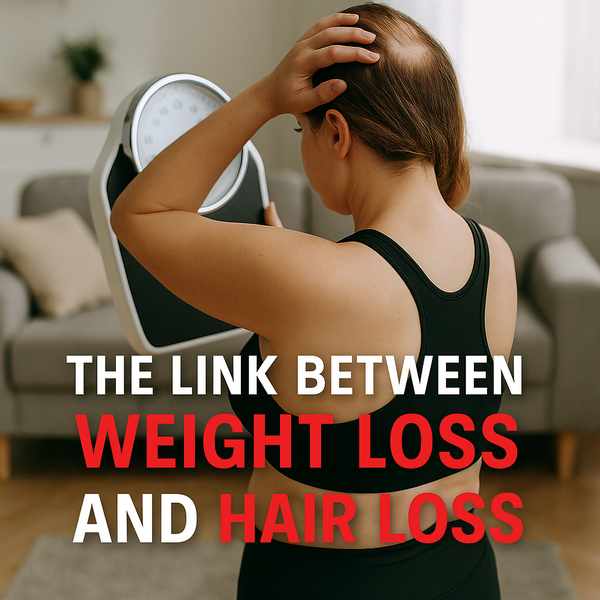
So what’s the connection between weight loss and hair loss, and how can you manage both successfully?
Understanding why this happens and how to protect your hair can help you reach your goals without compromising your confidence.
Why Hair Loss Happens During Weight Loss
When your body undergoes a major change — especially fast weight loss — it can respond by pausing non-essential functions like hair growth.
Common causes include:
- Nutrient deficiencies
- Body enters stress mode
- Hormonal imbalances
- The body reacts to sudden changes
Temporary Hair Loss Explained
Most hair loss related to weight loss is called telogen effluvium.
Key facts:
- Usually occurs 2–3 months after weight loss begins
- No bald patches, just thinning
- Hair usually grows back with time
Eat for Hair, Not Just Fat Loss
If you're trying to lose weight, be sure not to miss these nutrients:
- Protein
- how to stop hair loss after bariatric surgery Iron
- Biotin and other B vitamins
- Zinc
- Vitamin D
Skipping meals or using crash diets can easily lead to deficiencies that trigger hair loss.
Can You Prevent Hair Loss While Losing Weight?
It’s possible to do both by following a balanced and mindful approach.
Tips include:
- Lose weight gradually
- Eat a nutrient-rich diet
- Consider a multivitamin
- Manage stress and sleep
- Stay hydrated
Next Steps After Hair Thinning Starts
If you notice excessive shedding:
- Don’t panic
- Check for deficiencies or thyroid issues
- Replenish what’s missing
- Avoid tight hairstyles and harsh products
- Hair regrowth takes a few months
Should You Talk to a Doctor?
A doctor or dermatologist can help identify underlying issues like:
- A common cause of both weight and hair changes
- Can trigger more permanent forms of hair loss
- Severe nutritional deficiencies
The Truth About Weight Loss and Hair Loss
Weight loss and hair loss can be connected, but they don’t have to be permanent partners.
Prioritize nourishment, patience, and consistency, and your body will thank you — from head to toe.